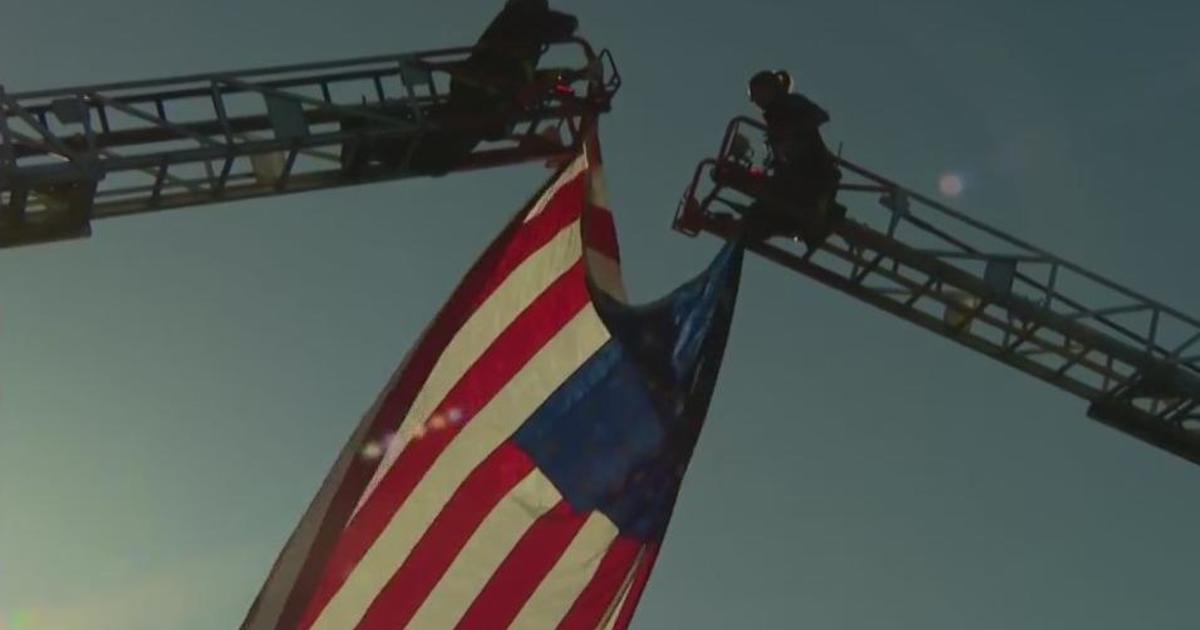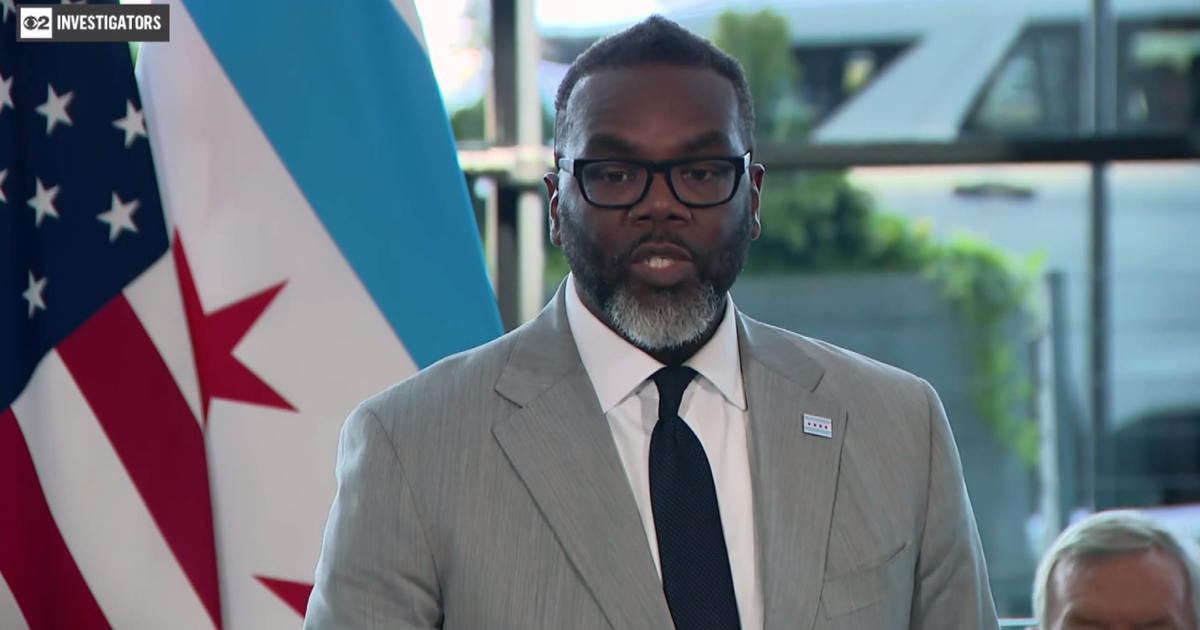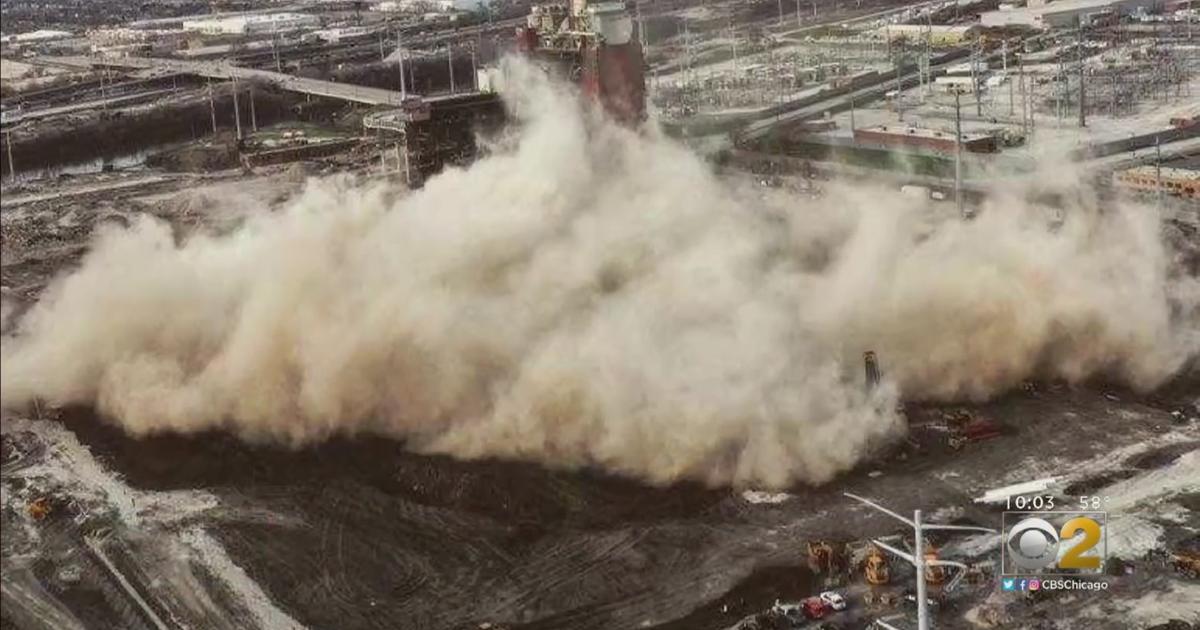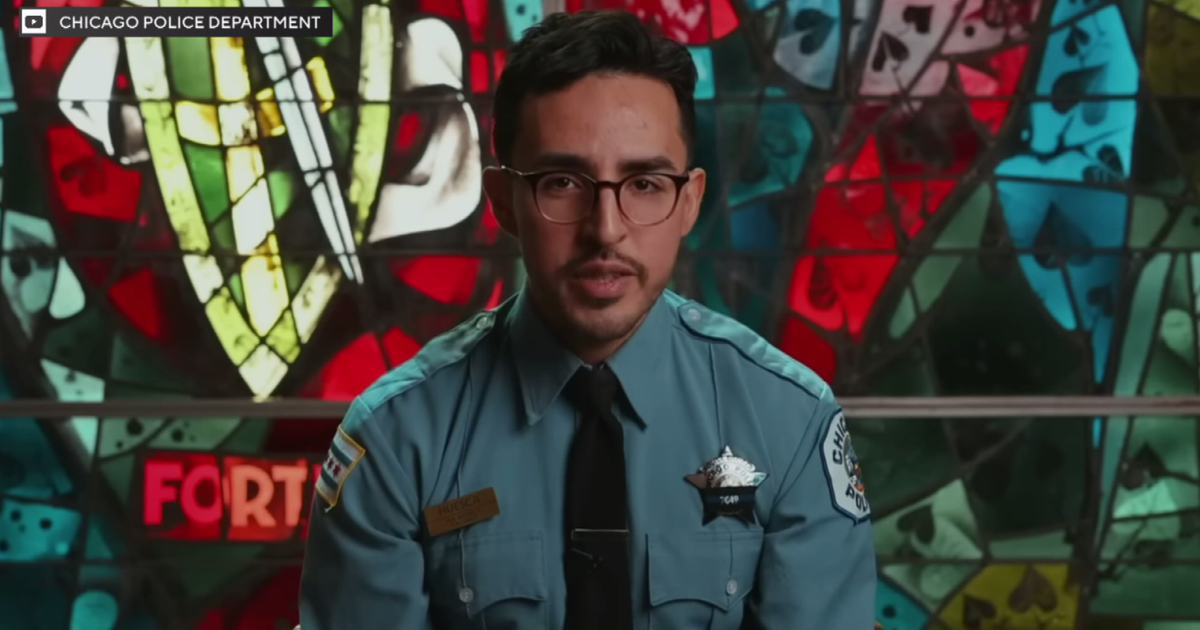Settlement Near Between City And Group Of 2003 War Protesters
CHICAGO (STMW) -- Sixteen Iraq War protesters wrongfully arrested after a 2003 demonstration that shut down Lake Shore Drive will receive an undisclosed financial settlement — and Mayor Rahm Emanuel's administration is attempting to settle with 850 others.
Neither side would disclose terms of the smaller settlement, which is expected to be presented to the City Council's Finance Committee next month. Nor would they speculate on the larger settlement now in the works.
But lawyers for the plaintiffs contend the city had little choice but to settle after a harshly-worded federal appeals court ruling that Chicago Police made "mass arrests without justification" after changing the rules in the middle of the game.
They allowed an anti-war demonstration without a permit to shut down the Drive during the height of the evening rush, then trapped demonstrators at Chicago and Michigan and arrested more than 500 of them — and detained 350 others — without giving them a notice to disperse or an opportunity to leave.
The city has already spent $3.5 million to defend itself against the two cases, the plaintiffs' attorneys contend.
"The city arrested people without probable cause and incarcerated them for 18 to 36 hours. They should have let everybody go home. All of them wanted to leave. Every one of them. We have them on videotape asking for permission to leave," said Greg Gorman, an attorney for the 16 demonstrators in the smaller case.
Gorman said he's hopeful Chicago Police have "learned some lessons from these cases" they will use in handling thousands of protesters expected to descend on Chicago for the NATO and G-8 summits May 19 to 21.
"I say that from how they've handled Occupy Chicago. They've been giving them a chance to disperse before any arrests were made. That's a big change," he said.
Joey Mogul, an attorney representing the larger group of demonstrators, said it's a "good move" for the city to settle.
"The 7th Circuit decision is very clear. The Chicago Police Department is responsible for communicating with demonstrators. If they want them to go to a certain location or if it's time to end, the burden is on them," Mogul said.
"That is not what happened in this case. They failed to communicate with the demonstrators. They failed to give them the opportunity to disperse. We hope this serves as a lesson for the NATO and G-8 demonstrations. If it doesn't, there will, unfortunately, be further litigation."
Corporation Counsel Steve Patton said the controversial parade ordinance approved by the City Council this week was tailor-made to prevent a repeat of the 2003 fiasco.
"It specifically authorized police to accommodate a public assembly and march that turns, in effect, into a parade," he said.
If a settlement can't be reached in the larger case, Patton said the city is prepared to argue that the 2003 demonstrators "did receive adequate notice."
Asked if the city has learned from its mistakes, Patton said, "Occupy Chicago is a good indication that the city has learned and is prepared to eliminate any doubt or question about adequate notice before people are arrested."
At a City Council hearing three months after the 2003 demonstration, protesters told horror stories and invoked comparisons to the ugly clash between Vietnam War protesters and police during the 1968 Democratic National Convention in Chicago.
They demanded an apology from then-Mayor Richard M. Daley. They claimed that Daley personally ordered demonstrators held in police lock-ups until 2 p.m. the next day because he was livid the protest had shut down Lake Shore Drive.
(Source: Sun-Times Media Wire © Chicago Sun-Times 2012. All Rights Reserved. This material may not be published, broadcast, rewritten, or redistributed)



